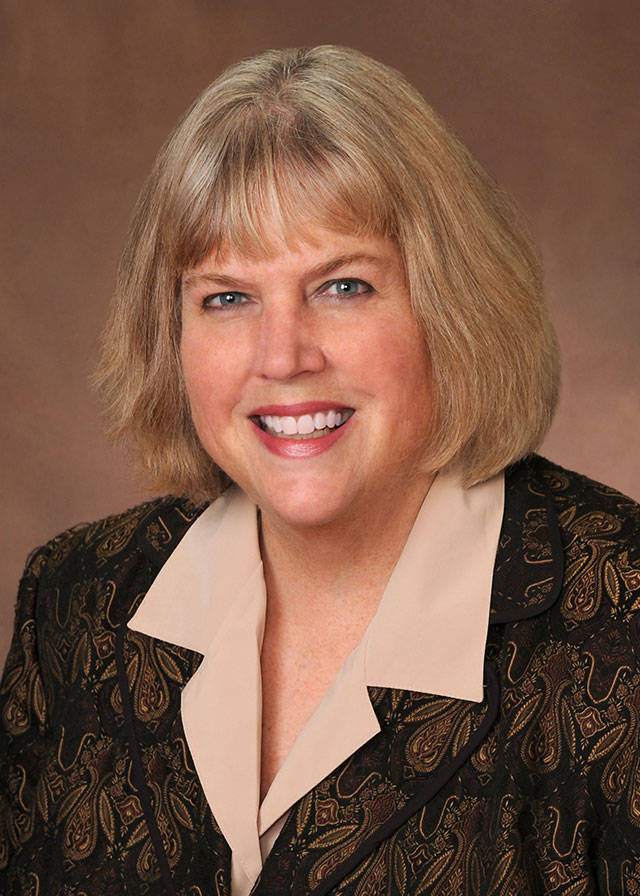I work in the tight-knit community of human services as CEO of Together Center. Along with the 22 agencies on campus and other community partners, I work to ensure that the well-being of the community is supported through the easy availability of key services.
I have been working on the Eastside in this role for a couple of decades, and throughout that time, I and my colleagues have worried: the community at large does not seem to know a great deal about what services are available, who gets served and how this occurs. And we, the nonprofit sector, haven’t figured out how best to share that information. I thought I’d make an effort here to answer five of the most common questions we hear.
For starters, what are human services? The most common word to describe our work used to be social services, which is better understood but is often interpreted as a focus on counseling, when our work encompasses also financial issues, health, housing, education, job training and other community needs. Together Center agencies, for example, provide medical and dental care, child care referral, autism advocacy and legislative work, life-long supports for developmentally-disabled adults, and overnight shelter for homeless youth.
Why do you need human services in such a wealthy area?
For as long as people have journeyed to the Eastside to shop at Bellevue Square, the image of a uniformly well-off Eastside has been a burden for Eastside agencies. Long ago, we are told, Seattle leaders complained about the need to assist those from the Eastside. Since then, East King County has built a robust array of agencies addressing key needs, including, yes, issues arising from poverty. In fact, 86,000 people in East King County are eligible for Hopelink services, which uses federal poverty guidelines. The high cost of housing leads to many additional burdens for those living here.
Our work is not only addressed to those struggling financially. Everyone uses human services. Believe it. Your teenager, or you, may need counseling for trauma, depression or alcohol abuse. Through accident or a health issue, you may become disabled and have practical and emotional needs to navigate. Some families experience domestic violence. Your parents, and later you, may need to sort out housing options and identify additional supports for aging.
Why are all these homeless people coming to our area?
It may be helpful to know that people across the country are experiencing the same difficulties: People feel as though “they” are moving into “our” area. In fact, as the one-night count of those experiencing homelessness (now called Count Me In) showed recently, these are our neighbors. Ninety-one percent of those tallied were from Washington state, and the last known address for 77 percent was King County.
One national study from 2013 provides this alarming statistic: In urban areas, when average rental rates increased by just $100, homelessness increased by 15 percent. That rises to 31 percent in rural and suburban areas. While mental illness and other factors affect this issue, above all we lack sufficient affordable housing.
Why is XYZ service not available, now that I need it?
This is really a “How are human services funded?” question. Although agencies vary (Together Center, for example, operates from lease income and contributions), 80 percent of funding for human services comes from city, county, state and federal governments. If you track the King County or state budget processes (both of which have specific funding challenges) then you can see the impact on human services, although you may not be aware of the correlation. An agency you need may lose staff or an entire program as budgets are balanced away from human services.
Why don’t you get volunteers to fill the gaps?
In response to government cutbacks, we often hear that volunteers or other help from the faith community could carry the day. While both are critically important to our work currently, as are private donations and corporate grants (thank you!), trained staff and professional oversight are generally required to provide safe, equitable and effective services. We need sustainable and consistent funding to see results. The stakes are high. Your family’s human services, and mine, depend on it.
Pam Mauk is CEO of Together Center, a human services campus of 22 agencies serving East King County located in Redmond. She recently received the Leadership Award from the Alliance of Eastside Agencies (www.allianceofeastsideagencies.org).



